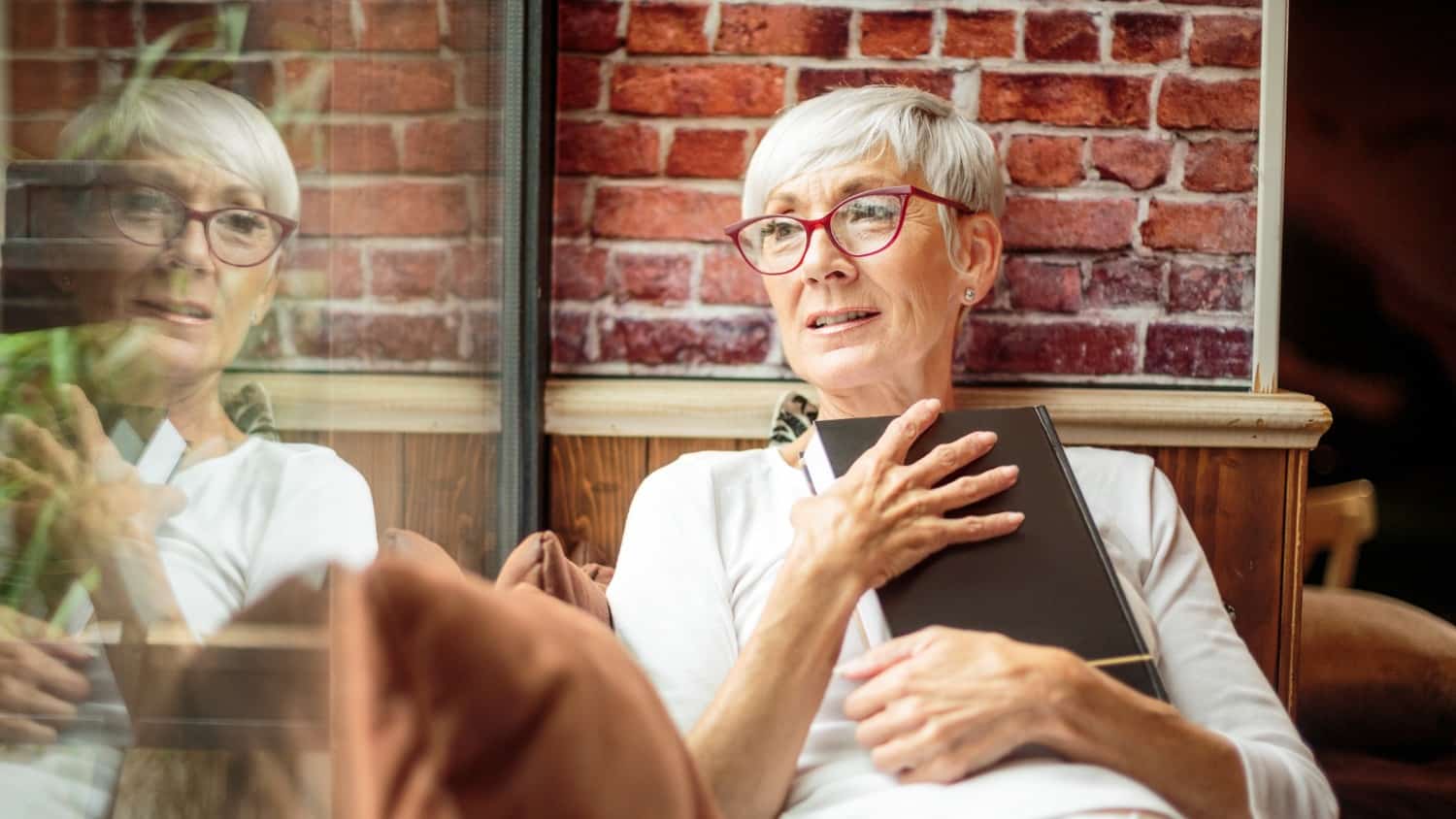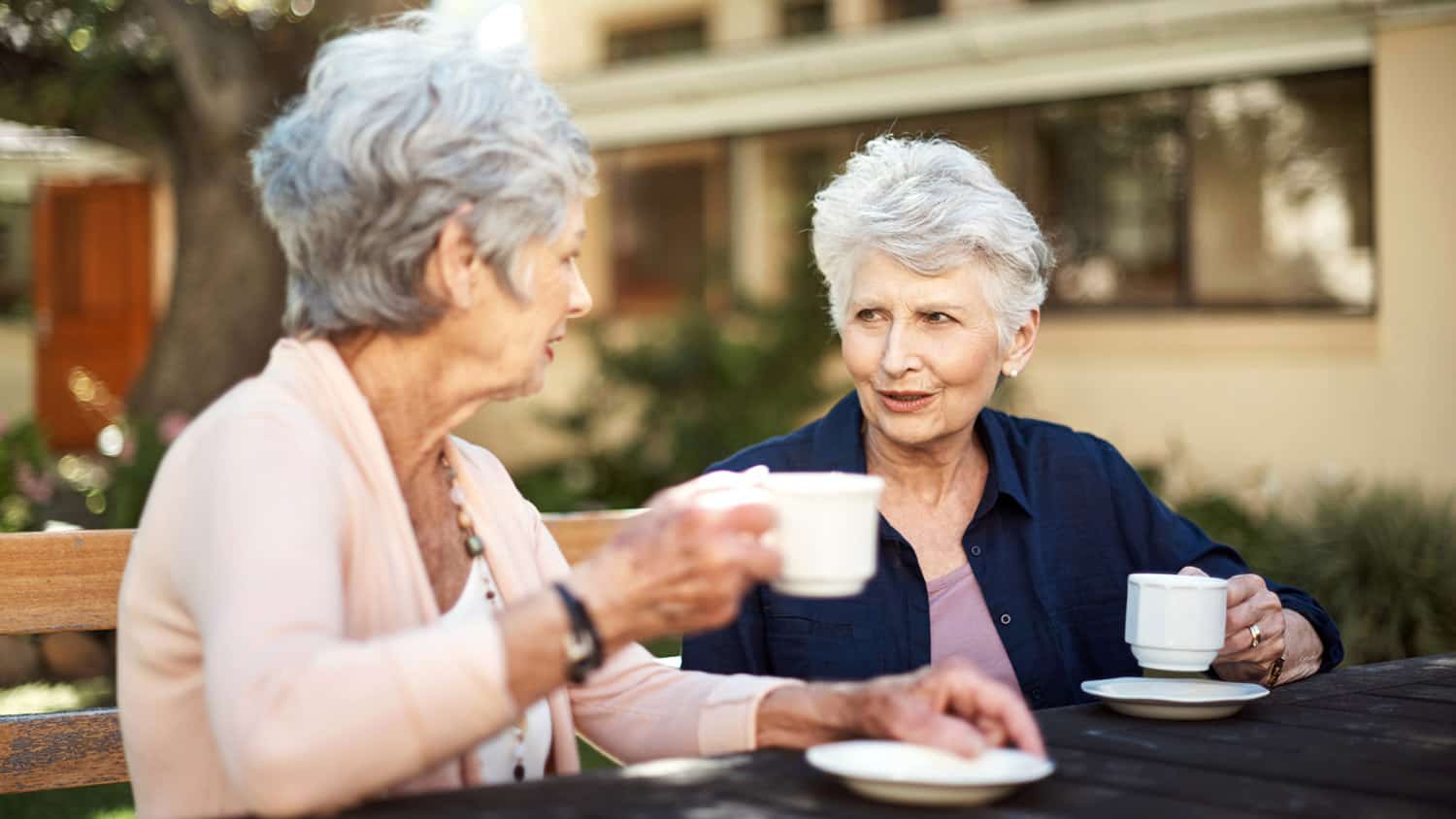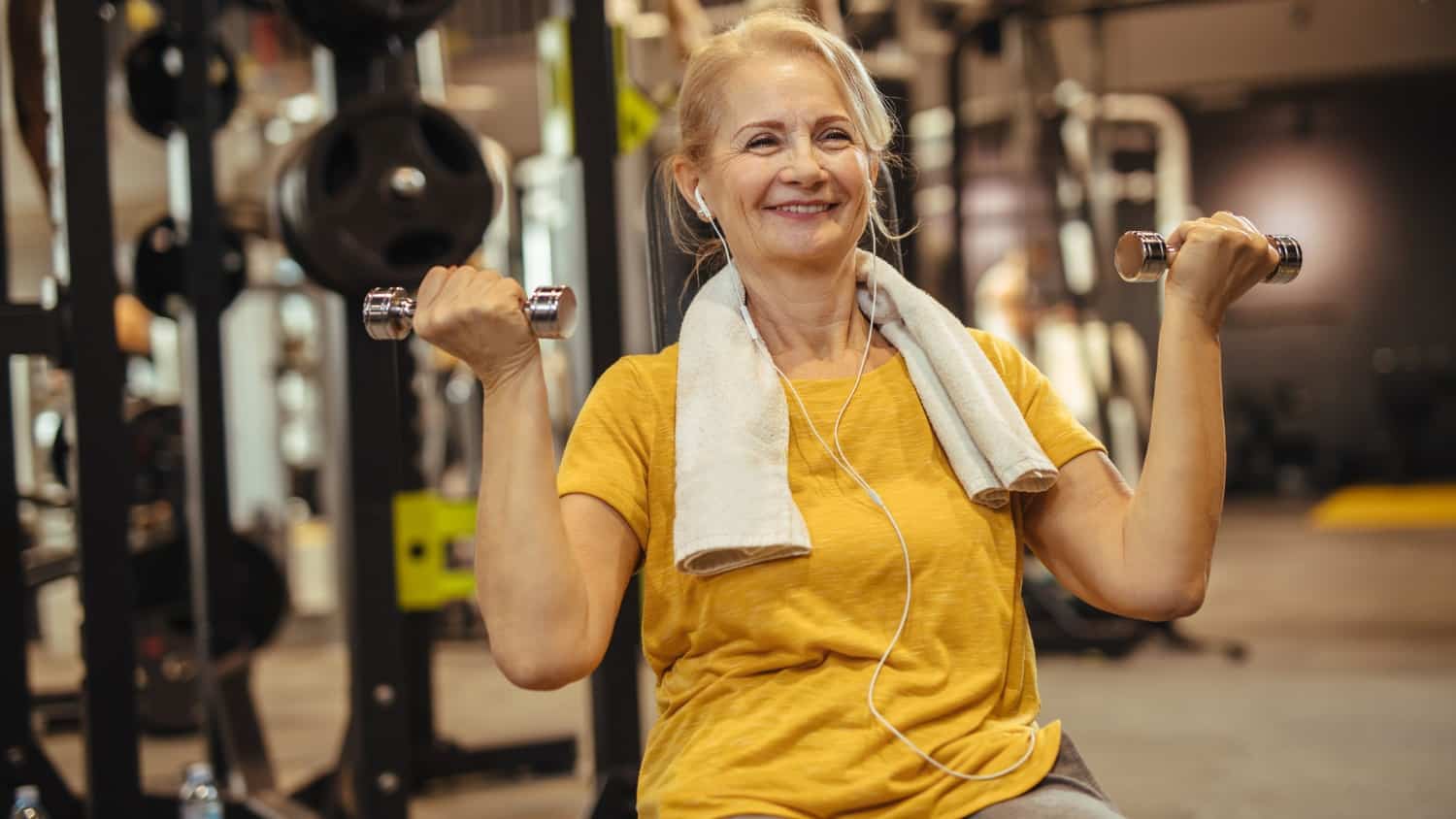
The ABC’s of Coping During the Unprecedented Time of Global Pandemic
We are all living on uncharted terrain, rough and rocky and very unstable under our feet. It’s all unknown and unpredictable and this causes normal and natural fear and anxiety.
We’re all creatures of habit and we like the known and predictable. Just as children do better with structure, routine, and stability, so do we.
But what happens when all that comes crashing down and we’re left having to fumble through this dark cave where a very scary monster lives? We have no clue how to navigate life while in a perpetual state of high alert.
The good news is, there are some basic ABC’s of coping that can help us manage our steps through this time of uncertainty. There will be a light at the end of the cave; we just don’t yet know when it will happen or how it will look.
A – Affect Is Our Emotions
We must give ourselves permission to feel all of our feelings, especially those uncomfortable ones of fear, anxiety, agitation, and all the others that make us want to numb ourselves out and hide. The key, however, is to let them flow through us.
Like clouds, our feelings are in constant movement. Think of the two words: emotion and motion. They have identical roots. Movere in Latin means to move; emovere means to move out. Suppressing our emotions makes them build up like air in a pressure cooker, and we feel overwhelmed.
We need to express, not suppress!
Our feelings go through one pipeline: if we shut down our uncomfortable, negative feelings, we’re also shutting down our positive ones.
Golda Meir, Prime Minister of Israel in the early 1970s, said:
“Those who don’t know how to weep with their whole heart, don’t know how to laugh either.”
As part of the human condition, we have a full palette of emotions. We must give ourselves permission to be human and feel them all. And now, certainly, feeling all of our negative emotions is all normal and natural. As we say, it’s a normal reaction to an abnormal circumstance.
Once we identify our feelings, we can work on managing them better.
B – Behavior
What are we doing? What are we inputting into our days? Maintaining or creating a new a routine is vital. It keeps us psychologically anchored and gives us a sense of control in our daily lives.
Sometimes it’s great to have a ‘day off’ with no routine or structure, but over a longer period of time, it’s our routines that help ground us and provide a sense of security.
Exercise – always, but especially now – is a necessity, to the point that not exercising is a depressant. Moving gets those good-feeling endorphins flowing, which is a big mood booster.
Walking, dancing, jumping, anything that gets our heart rate pumping for a period of time is a great enhancer and immune builder.
Engaging in healthy distractions replenishes us. Getting absorbed in something we love is wonderful and gives us the necessary break we need in order to handle things better.
Let’s not forget about the power of humor and the good deep belly laugh-till-it-hurts. Jerry Seinfeld now has an hour-long comedy show on Netflix. You can find some great laughs there!
C – Cognition
When it comes to our thoughts, I’d like to focus on choice.
Viktor Frankl, the Austrian psychiatrist who survived numerous concentration camps, created logotherapy (the therapy of meaning and purpose), and wrote the life-changing book Man’s Search for Meaning, said:
“Between stimulus and response there is a space. In that space is our power to choose our response. In our response lies our growth and freedom.”
So, no matter what is going on in our external world, no matter what our circumstances, we can choose how to respond. That is in our control and purview which means we are not victims, we are creators. What and how are we creating in our days during this time?
Choice gives us a sense of control. We can choose how much news we watch, when to respond to our emails and texts, and overall, what we do with what’s been ‘given’ to us.
Questions to Ask Ourselves
Here are some great questions you can ask yourself to inform you about your days:
- How am I using these days at home? Am I using them well?
- What am I learning about myself and my loved ones?
- Am I connecting more?
- What am I doing differently?
- Am I taking better care of myself?
- Am I looking outside myself to be of support and help to others?
- And, if it’s all way too overwhelming, am I giving myself permission to be gentle with myself and look to just take some baby steps forward? Self-compassion is so important and a needed skill for us all to learn.
Let’s be cognizant of these ABC’s and look to be intentional with our responses. This will help us create our days to be as good and strengthening as possible.
What do you do now that you didn’t do before the pandemic? What have you learned about yourself and the people you live with? Are you taking better care of yourself? What are some reflections you can share with our community? Please use the comment box below and let’s have a conversation.






